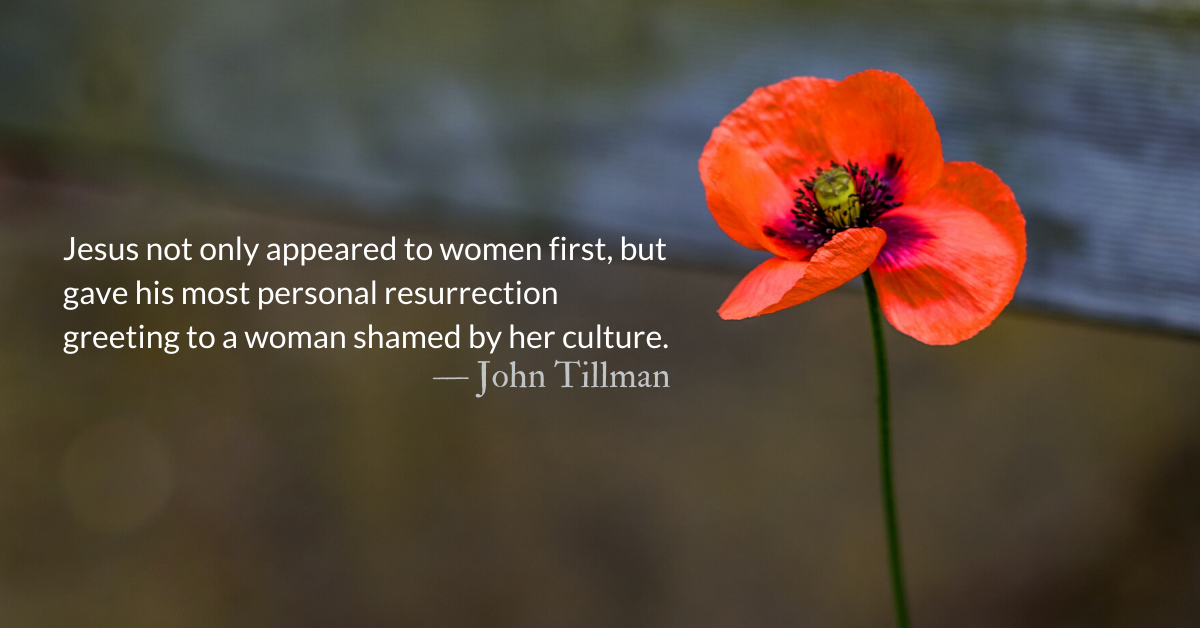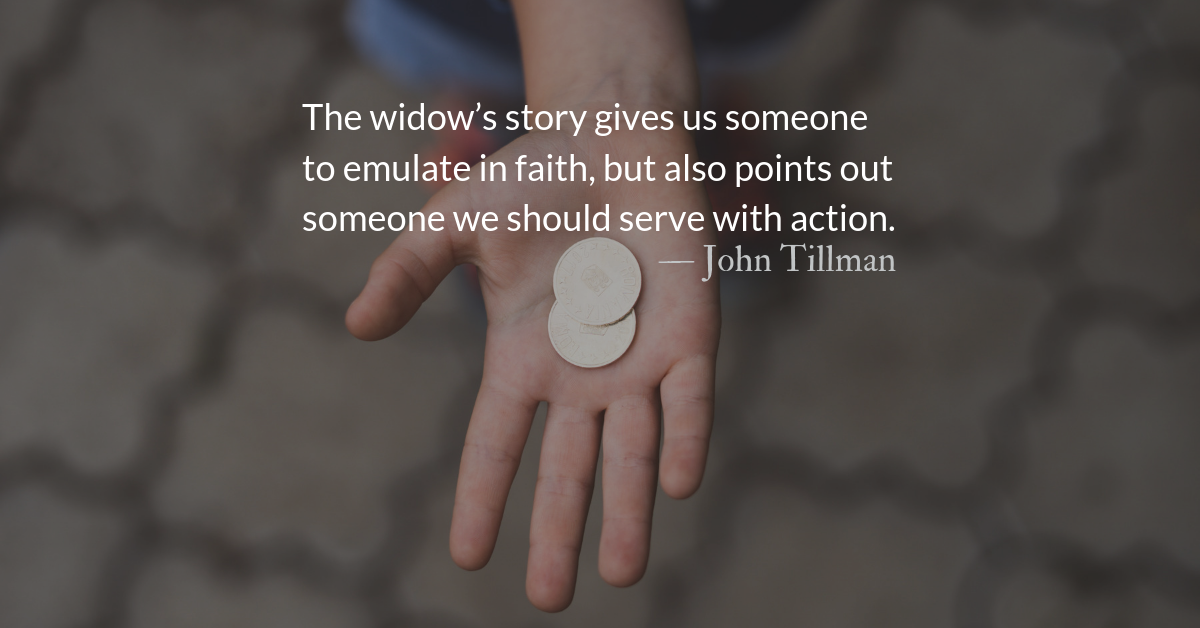Scripture Focus: Zephaniah 2.3
3 Seek the Lord, all you humble of the land,
you who do what he commands.
Seek righteousness, seek humility;
perhaps you will be sheltered
on the day of the Lord’s anger.
Luke 24.44-49
44 He said to them, “This is what I told you while I was still with you: Everything must be fulfilled that is written about me in the Law of Moses, the Prophets and the Psalms.”
45 Then he opened their minds so they could understand the Scriptures. 46 He told them, “This is what is written: The Messiah will suffer and rise from the dead on the third day, 47 and repentance for the forgiveness of sins will be preached in his name to all nations, beginning at Jerusalem. 48 You are witnesses of these things. 49
Reflection: He Raises Us — Love of Advent
By John Tillman
Zephaniah calls tenderly, yet urgently, to those who are faithful in the land to respond to God while there is still time.
Seek righteousness. This is more than seeking our own good or simply doing good for ourselves. Any good that we do that does not also benefit our neighbor deserves not the name of “doing righteousness.
Seek humility. He is already calling to the humble in the land. This shows that humility is a constant seeking and lowering of one’s self and one never truly arrives at the bottom.
Perhaps you will be sheltered. In the family of believers there are many among us who know from experience that we may not always be shielded from all of life’s ailments, sicknesses, and hurts. Our dear Lord’s word that we would have trouble in this world is as equally true as his promise that he has overcome this world. His love is shown as much by his embrace when we are weeping as it is by blessings of laughter and joy.
Trouble is coming to this world. It is, after all, a world of darkness. How could it be otherwise? We made it so.
In our sinfulness, we wrested the world to our whims and wrecked it with our sins. Under Satan’s sway the world we cursed writhes in the evil darkness to which we subjugated it.
But no matter how low we have dragged the heights of God’s creation, he searches these low valleys for us.
No matter how deep in sin we sink our feet, or what bog’s stench hangs on us, or what fell parasites and diseases of the swamp cling to us, he reaches in. He wades deep. He dredges us up.
However low we are, he comes to raise us.
However vile we are, he comes to cleanse us.
However sickened we are, he comes to heal us.
However broken our body, he comes to make us whole.
Seek righteousness! Seek humility!
We may not all be sheltered from calamity, but we will all be raised!
“Made like him, like him we rise…” (Christ the Lord is Risen Today — Charles Wesley)
Divine Hours Prayer: The Request for Presence
Show us the light of your countenance, O God, and come to us. — Psalm 67.1
– Divine Hours prayers from The Divine Hours: Prayers for Autumn and Wintertime by Phyllis Tickle
Today’s Readings
Zephaniah 2 (Listen – 2:44)
Luke 24 (Listen – 6:16)
Read more about End of Year Giving and Supporting our work
We need and pray for donors of all amounts. A donation does not have to be exceedingly large to make a large difference.
Read more about His Loving Presence :: Love of Advent
He is always the God who comes to us—not just during Advent.










